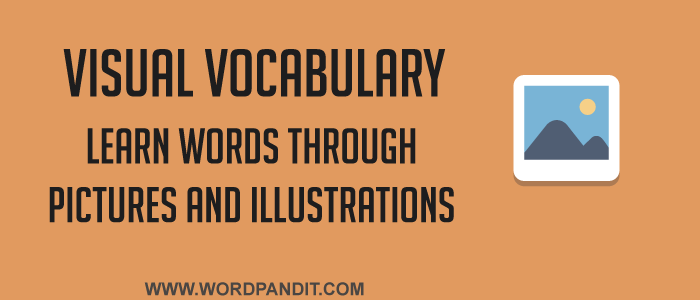Detailed Article for the Word “Site”
What is Site: Introduction
From historic landmarks to online spaces, the word “site” spans both the physical and digital worlds. It’s where something happens or is built—whether a bustling construction site in a city or a website visited by millions daily. “Site” captures the essence of place, presence, and purpose, allowing us to navigate, construct, and interact in various contexts. In an era where physical and virtual spaces increasingly blend, the concept of “site” has taken on a vital role in shaping both our physical landscapes and digital realities.
Origin and History of the Word Site
The word “site” traces its origins to the Latin “situs,” meaning “position” or “place.” It was adopted into Middle English in the 14th century, initially referring to physical locations for buildings, settlements, or landmarks. By the 20th century, “site” evolved to include virtual spaces with the advent of the internet, particularly as “website” or “site” for online locations. Over time, the word has come to denote any place where significant activity occurs, bridging the gap between physical locales and digital domains.
Meaning and Definition of Site
Site (noun):
- A specific place or location, especially where something is or will be built, located, or occurring
- An online location, particularly a “website” on the internet
- A place where significant events or activities take place, whether physical or virtual
How to Pronounce Site
SYT
How to Remember Site: Memory Tips
Remember “site” by associating it with “sight”—both words suggest a place or location, whether physical or something you visit online. Another way to recall “site” is to think of “construction site,” a clear image that represents a place where something is actively being built or established.
Site in a Sentence: Examples and Usage
- Construction: The site for the new hospital has been cleared, and construction will begin soon.
- Digital: The company launched a new site to improve customer service and sales.
- Archaeological: The site where the ancient artifacts were found is now a protected area.
- Educational: The website offers a wide range of educational resources for students and teachers.
- Environmental: The development site must comply with environmental regulations to protect the surrounding ecosystem.
- Historical: The castle was built on the site of an older fortress dating back centuries.
- Emergency: Medical teams arrived at the site of the accident within minutes.
Difficulty Level of Using Site
Basic:
- Commonly used in both formal and casual language
- Clear, straightforward meaning in most contexts
- Simple to remember and use accurately
Modern Usage of Site in Contemporary Context
In modern contexts, “site” is used broadly across fields like technology, construction, and environmental studies. “Website,” derived from “site,” refers to a digital location on the internet, where businesses, organizations, and individuals present content. In urban development, “site planning” is a critical step, where architects and developers design physical spaces for public and private use. Environmentalists study “site impact” to understand human influence on ecosystems.
In the digital realm, “site traffic” and “site optimization” are popular phrases referring to website visits and performance. The concept has expanded further with “site-specific” art and events, which are created specifically for certain locations, offering an experience unique to that setting. In an era of virtual experiences and environmental awareness, “site” remains a versatile term bridging digital innovation with real-world impact.








